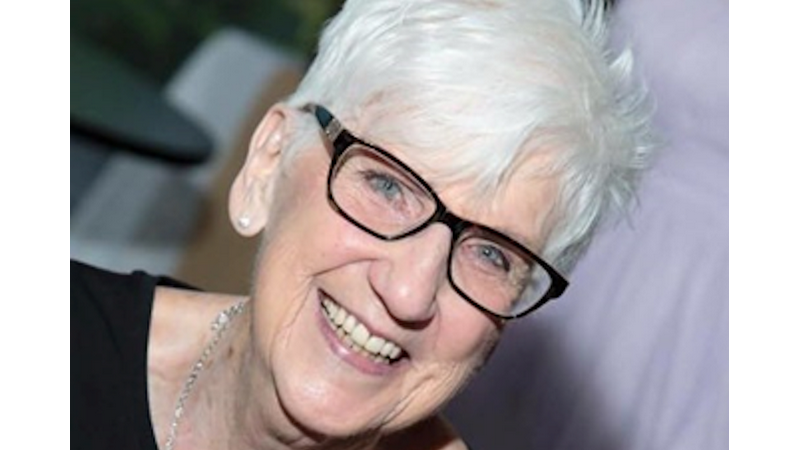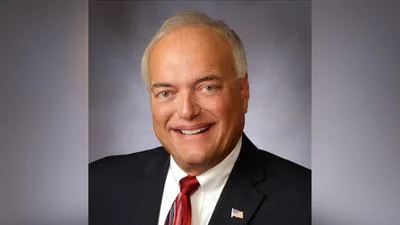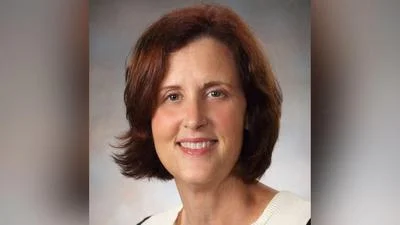“I’M BIPOLAR” — Let’s talk about that!
“No.” If you are diagnosed with bipolar, you are not bipolar, you have bipolar. Bipolar is a disease. It does not identify the person you are.
Bipolar is a serious and persistent mental disorder best known as bipolar manic or depressive, or somewhere in between — properly, Bipolar I disorder, Bipolar II or cyclothymic (also called cyclothymia). Sometimes symptoms do not always fit the above categories, and the diagnosis is determined as “other specified bipolar and related symptoms” that may include anxiety, panic and eating disorders.
By going to the National Institute of Mental Health website (nimh.nih.gov), one can get an overview of what the disorder is.
May is Mental Health Awareness Month, a special time for those of us who advocate for the mentally ill and their loved ones in an effort to bring about public understanding and, yes, forgiveness for those who live with a mental illness. We ask for forgiveness and understanding, because having a mental illness is not their fault. And we ask that those who have a mental disorder can forgive themselves and seek help without fear of being discriminated against in order to maintain a functional lifestyle.
Disorders such as bipolar are typically diagnosed during late adolescence (teen years) or in college-aged adults. Occasionally, bipolar symptoms can appear in young children. The symptoms for manic and depressive are just the reverse of each other. Manic people may feel very “up” or highly elated, irritable or touchy. Bipolar I is defined by manic episodes that last at least seven days or by symptoms that are so severe the person needs immediate hospital care. Bipolar II, or depressive episodes, usually exhibit sad, “down” or empty feelings. These individuals worry, have trouble doing simple things, feel hopeless, worthless and think about death or suicide. Living with a bipolar disorder is a day-to-day challenge for all concerned.
Proper diagnosis is important in any case. Treatment is critical, as is education and support. A family medical provider is a good start for help. Loved ones need to be aware, encourage treatment and learn the importance of support and understanding. “Denial” and ignoring constant symptoms are pitfalls for all concerned. Following a prescribed treatment plan can help people manage their symptoms and improve their quality of life.
Help is available to anyone. Please seek it. Dial 211 for resources or help, or contact the NAMI crisis counselor line: text “NAMI” to 741-741 for 24/7 help.
Submitted by
Dodie Melvin, director
NAMI Knox Licking County Ohio
740-397-3088







